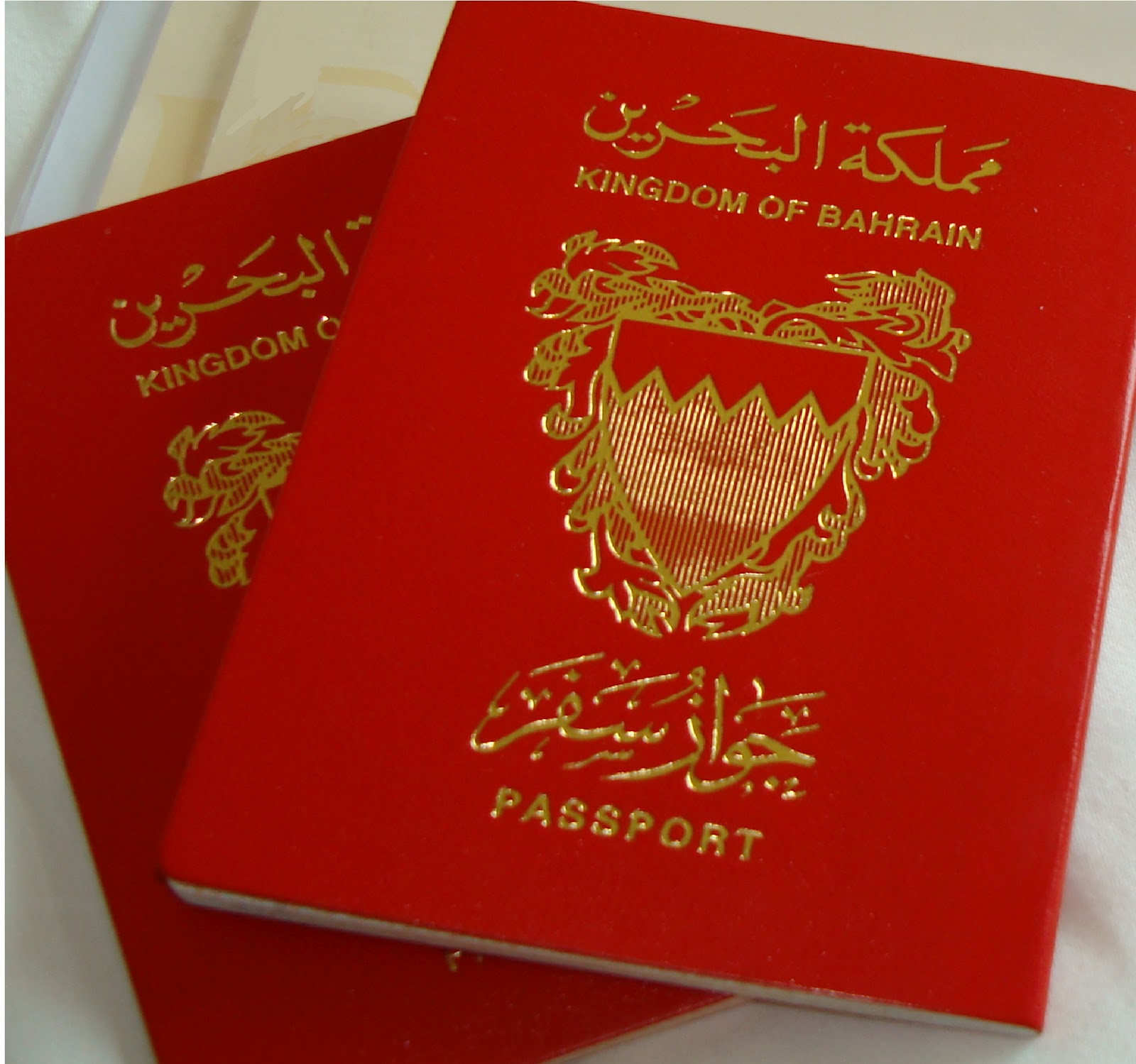Although Bahraini authorities often boast about empowering women, the government has not taken any serious steps to change the laws that prohibit Bahraini women from passing on citizenship to their families. Even though Bahrain has acceded to the Convention of the Elimination of All Forms of Discrimination Against Women (CEDAW) since 2002, women in Bahrain do not have the right to confer citizenship to their children or non-citizen spouses on an equal basis as men.
On March 30, Hala al-Ansari, Secretary-General of the Supreme Council for Women (SCW), emphasized that “Bahrain will not lift any of its reservations to CEDAW but will redraft them in a positive manner in order to ensure that the text of the convention does not prejudice Islamic law nor does it trespass Bahrain’s sovereignty.” Al-Ansari specifically addressed Article (9), paragraph (2) of the CEDAW saying that Bahrain will not only keep its reservation on this article but also will not redraft it until the Bahraini citizenship law is amended.
There are around 2,000 families in Bahrain who are struggling due to this discriminatory law. While the Bahraini constitution gives the King an exceptional right to grant Bahraini citizenship to whomever he pleases, Bahraini women are still denied the right to grant citizenship to their children.
The denial of citizenship leads to violations of other basic human rights and places women in an inferior social position. The Supreme Council for Women, a reference for all official bodies in Bahrain regarding women’s affairs, must call for the reformation of the citizenship law in Bahrain and take more effective measures to eliminate patriarchal laws instead of justifying this reservation.





